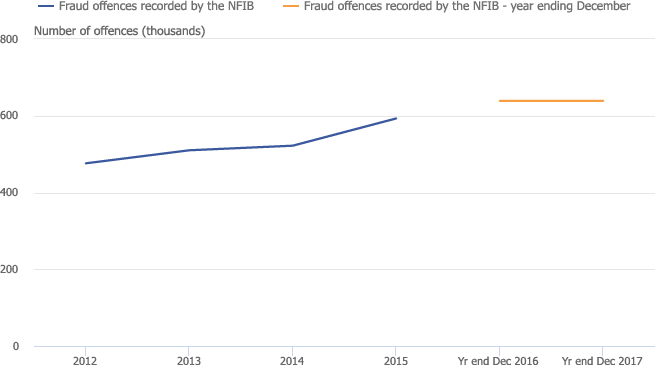Average weekly earnings: August 2018
Money paid per week, per job to employees in Great Britain in return for work done.
This page is part of the latest labour market collection
Pay estimates show increases in both nominal and real average earnings
Annual growth rates, Great Britain, April to June 2013 to April to June 2018, seasonally adjusted

Source: Monthly Wages and Salaries Survey, Office for National Statistics

Between April to June 2017 and April to June 2018, in real terms (that is, adjusted for consumer price inflation), regular pay for employees in Great Britain increased by 0.4% and total pay for employees in Great Britain increased by 0.1%.
Rob Kent Smith, Head of National Accounts
Average regular and total pay increases in nominal terms
For June 2018 in nominal terms (that is, not adjusted for price inflation):
- average regular pay (excluding bonuses) for employees in Great Britain was £488 per week before tax and other deductions from pay, up from £474 per week for a year earlier
- average total pay (including bonuses) for employees in Great Britain was £518 per week before tax and other deductions from pay, up from £507 per week for a year earlier
For April to June 2018:
- 75.6% of people aged from 16 to 64 years were in work, up from 75.1% for a year earlier
- 80.1% of men aged from 16 to 64 years were in work; the employment rate for men has not been higher since February to April 1991
- 71.0% of women aged from 16 to 64 years were in work, up from 70.5% for a year earlier
Between April to June 2017 and April to June 2018, in nominal terms:
- regular pay increased by 2.7%, slightly lower than the growth rate between March to May 2017 and March to May 2018 (2.8%)
- total pay increased by 2.4%, slightly lower than the growth rate between March to May 2017 and March to May 2018 (2.5%)
Regular and total pay in real terms remain below pre-downturn peak
For June 2018 in real terms (constant 2015 prices):
- average regular pay (excluding bonuses) for employees in Great Britain was £461 per week before tax and other deductions from pay, £12 lower than the pre-downturn peak of £473 per week for March 2008
- average total pay (including bonuses) for employees in Great Britain was £489 per week before tax and other deductions from pay, £33 lower than the pre-downturn peak of £522 per week for February 2008
These estimates of average weekly earnings in real terms are calculated by deflating the nominal earnings estimates by the Consumer Prices Index including owner occupiers’ housing costs (CPIH), our preferred measure of consumer price inflation.
The CPIH figures and, consequently, the estimates of average weekly earnings in real terms, start in January 2005. Between January 2005 and June 2018:
- average total pay for employees in Great Britain increased by 37.7% (from £376 per week to £518 per week)
- the Consumer Prices Index including owner occupiers’ housing costs (CPIH) increased by 35.2%
Average weekly earnings data
Where to find data about average weekly earnings
Estimates of average weekly earnings in nominal terms (that is, not adjusted for consumer price inflation) are available at Tables 13, 14 and 15 of the PDF version of this statistical bulletin and at datasets EARN01, EARN02 and EARN03.
Estimates of average weekly earnings in real terms (that is, adjusted for consumer price inflation) are available at Table 16 of the PDF version of this statistical bulletin and at dataset EARN01.
While comparable records for average weekly earnings start in 2000, modelled estimates of average weekly earnings in nominal terms back to 1963 (which do not have National Statistics status) are available at dataset EARN02.
Historic estimates (which do not have National Statistics status) have been published by the Bank of England in the spreadsheet A millennium of macroeconomic data version 3.1 (at worksheets A47 and A48).
Using average weekly earnings data
More about average weekly earnings
-
Analysis of real earnings and contributions to nominal earnings growth, Great Britain
Analyses of the Average Weekly Earnings (AWE) figures, adjusted for inflation, and of wages and employment contributions underlying single-month movements in the nominal AWE.
-
Annual Survey of Hours and Earnings (ASHE)
Data on levels, distribution and make-up of earnings and hours worked for UK employees by sex and full-time or part-time status in all industries and occupations.
You may also be interested in
Contact us
Richard Clegg
labour.market@ons.gov.uk
+44 (0)1633 455400
